Initially published by CIO. Our very own, Marc Vontobel, CEO of Starmind, sparks the conversation of the problem organizations around the globe are facing at this very moment- people voluntarily leaving their organization by the masses.
Are workplaces unsatisfying? Are organizations too siloed? Or do the people within feel undervalued?
These questions are closely inspected to better understand what led to the ‘Great Resignation' and uncover the best solution available today. Transforming the way we work by ending the ‘Great Resignation' and spearheading the ‘Great Reconnection.'
Eighteen months ago, the future looked uncertain due to a weakened economy and potential job losses on the horizon. Fast-forward to today and businesses are losing workers in droves. But not due to those initial fears—these are voluntary resignations.
During this ‘Great Resignation’ one thing is clear: businesses aren’t doing enough to create satisfying workplaces.
Spending hours searching for information that should be easily accessible and enabling people to contribute knowledge seamlessly are just two of the many challenges that must be addressed to build more engaging workplaces.
Getting it right means empowering everyone to have a lasting impact on a business’s growth, productivity, and innovation. When considering how to begin achieving this, we must remember that in today’s world of hybrid work one thing underpins almost everything we do: the technology we use to share knowledge, solve problems, and empower our teams.
To stem the talent exodus and build the productive and engaging organizations that employees demand, we need to rethink our tech stacks.
Workplace technology is too siloed
From using messaging platforms to collaborate, shared presentations to create reports, or specialist software for specific departments, in the workplace—there really is an app for everything.
However, when we need to problem solve, discover answers, or find knowledge in an organization, all these tools, and the data overload they create, can lead to unproductive teams, and burnt out employees.
The proliferation of apps means employees are spending over two hours every day looking for answers. Meanwhile, identifying the best person to help you with a question, out of hundreds or thousands of colleagues, is almost impossible.
The problem is, the information is there, it’s just inaccessible or hidden. It might be located in an app, a team-specific silo, or even an individual’s mind. In fact, in 2009 researchers suggested that up to 80% of knowledge in an organization is undocumented and inaccessible. With the proliferation of data, apps, and silos, that figure has likely increased.
With the Great Resignation underway, this endless search for information and lack of access to knowledge is a recipe for unhappy workers. It’s also bad business. Our research suggests that in a 4,000 employee company, time lost to searching for information amounts to $14.8 million in lost revenue each year.
It’s time to tackle this wasted time and listen to workers about what they value. Only then can we start building a solution that works for everyone.
We need to value our people’s knowledge
During your last job interview, were you asked whether you’d be happy to spend hours each week unsure how to solve a problem, or find an answer? The answer is probably no. We’re hired to use our talent, experience, and insights to contribute to the business. This is how we add value, and it’s what we find satisfying.
In fact, 87% of workers are happier at work when they share their knowledge. And that knowledge has a meaningful impact at every level—67% of all employees and 84% of C-Suite leaders could have avoided a mistake if they'd had access to the right people or information. The problem is, how do we connect the people with questions to the right answers?
We need the correct tools to unlock true knowledge collaboration at scale. These should draw on all the information available in workspaces, the expertise of people, and advances in technology to help answer questions in real-time.
Here’s how it works:
Step 1: We streamline access to up-to-date and relevant documented knowledge filed away in our digital tools.
Step 2: If an answer doesn’t already exist, we use an AI-enabled platform to identify the knowledge expert, or experts, anywhere in the organization who, based on their previous interactions around the topic, are the best to help.
Step 3: We connect the question, anonymously, with the right person or people to provide an answer, in real-time.
Step 4: Once the problem has been solved, the best answer can be validated and saved (with the option to regularly update it to keep it relevant), so that anyone with a similar challenge has instant access to it in the future. Meanwhile, we use all the information gathered to build a company-specific knowledge network that shows where expertise and information can be found.
Artificial intelligence can turn the Great Resignation into the Great Reconnection
To make this knowledge collaboration possible at scale, we will need the support of artificial intelligence which can connect people and technology, free the knowledge of all employees, and transform how we work. Further, it can use that data to identify experts and connect them to those asking the questions—empowering people to make the most of their expertise and boosting employee engagement and satisfaction.
With a workforce supported by AI to utilize its collective knowledge, leaders can move beyond the Great Resignation and power instead a Great Reconnection—one that will help their businesses thrive through enhanced collaboration, productivity, and cross-functional collaboration.


-3.jpg)


